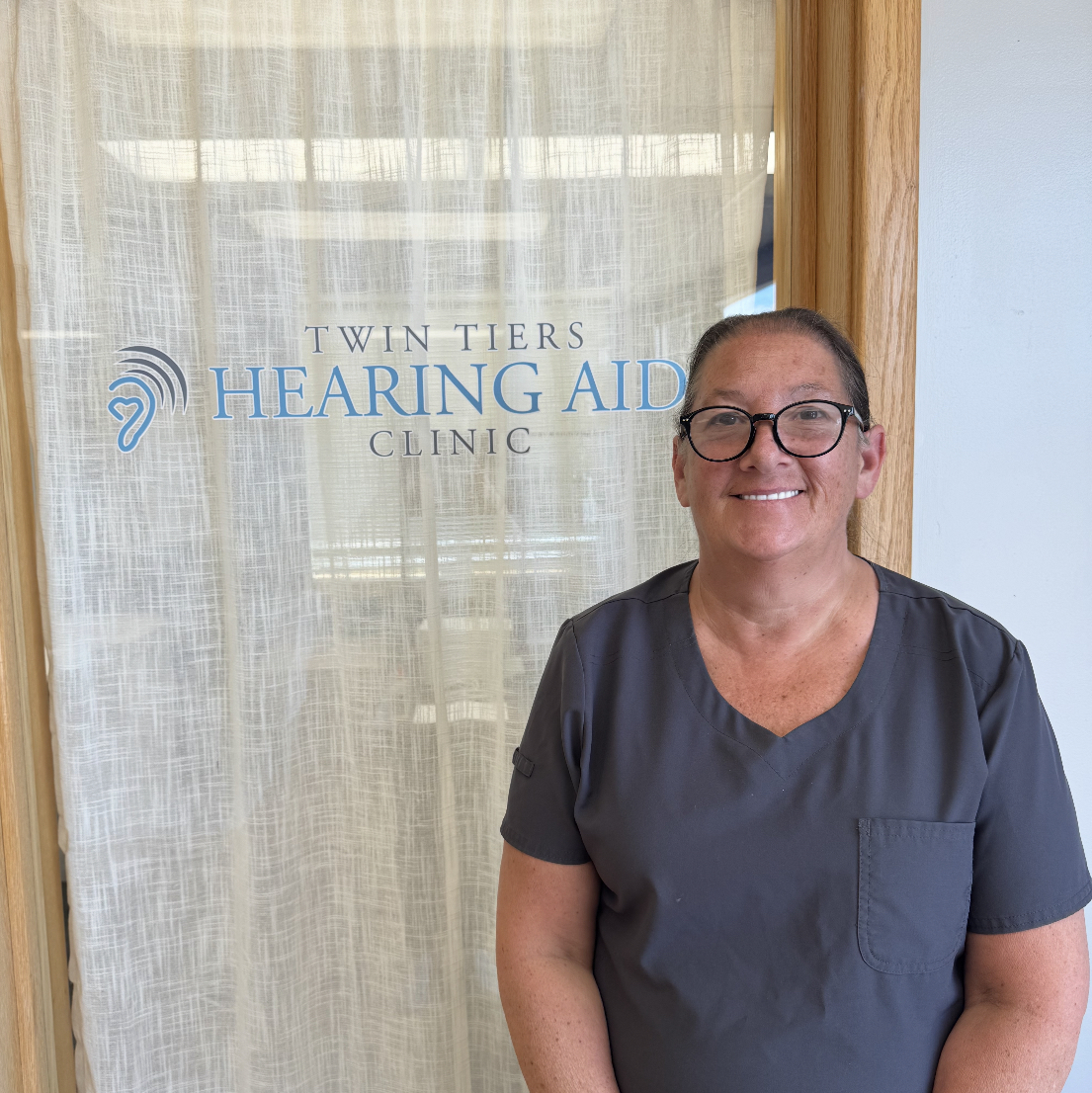When most people think about protecting their hearing, the first things that come to mind are earplugs, check-ups, or hearing aids. But at Ear to Hear, we want to remind you that there’s another powerful—and often overlooked—way to support your hearing health: your diet.

That’s right—what you eat can make a real difference in how well you hear, especially as you age. Just like your heart and brain, your ears benefit from a steady supply of nutrients that keep them functioning at their best. More and more research is showing a connection between diet and hearing loss, particularly age-related and noise-induced hearing issues.
Let’s take a closer look at the nutrients your ears love—and where you can find them.
Leafy greens like spinach, kale, and romaine lettuce are packed with folate (vitamin B9), which supports healthy blood circulation. Good circulation is essential for the tiny hair cells in your inner ear that help detect sound. These cells can’t regenerate once damaged, so keeping them well-nourished is key.
Studies have linked higher folate levels with a lower risk of age-related hearing loss.
Other sources to add to your grocery list: Asparagus, lentils, broccoli, Brussels sprouts, and fortified cereals.
Fatty fish like salmon, sardines, and mackerel are rich in omega-3 fatty acids, known for reducing inflammation and improving blood vessel health. Better blood flow equals better ear function—and potentially less hearing loss over time.
One study found that people who ate fish at least twice a week were less likely to develop age-related hearing loss. Omega-3s also support brain health, which is important since your brain and ears work together to process sound.
Bonus tip: Tuna and walnuts are great omega-3 options too!
Vitamin C is a go-to for immunity, but it’s also an antioxidant powerhouse. It helps protect your ears from oxidative stress, which can damage inner ear cells and contribute to hearing loss.
C-rich favorites include: Oranges, kiwis, strawberries, bell peppers, and tomatoes.
Magnesium plays a protective role when it comes to loud sounds. It helps prevent the narrowing of blood vessels caused by noise exposure, ensuring your inner ear still gets the nutrients it needs.
Some research suggests that magnesium supplements may help reduce the risk of noise-induced hearing damage.
Find it in: Avocados, spinach, bananas, black beans, and whole grains.
Zinc is key for immune function and may help prevent or reduce the severity of ear infections. It also supports the healing and repair of sensitive inner ear cells.
A study even found zinc supplements may assist in recovery from sudden hearing loss.
Snack smart with: Pumpkin seeds, almonds, peanuts, cashews, and chickpeas.
Dark chocolate isn’t just delicious—it’s rich in antioxidants and contains zinc, making it a surprisingly smart choice for hearing health (in moderation, of course). Antioxidants help reduce inflammation and protect ear structures from free radical damage.
Pro tip: A small square a day can be a tasty way to show your ears some love.
At Ear to Hear, we believe in taking a whole-body approach to hearing health. That includes protecting your ears from loud noise, staying active, managing stress—and yes, making smart choices at the dinner table.
A well-balanced diet rich in colorful fruits and vegetables, lean proteins, whole grains, and healthy fats can give your ears the nutrients they need to stay strong and sharp. And of course, regular hearing evaluations help you stay on top of any changes before they impact your daily life.
So next time you’re preparing a meal, remember: you’re not just feeding your body—you’re also nourishing your ears.
Want to learn more about protecting your hearing?
Schedule a hearing evaluation or consultation with one of our specialists today at Ear to Hear. We’re here to help you stay connected to the sounds that matter most.
© 2025 Ear to Hear. All Rights Reserved | Privacy Policy | Website by Beeman Marketing

Lori is currently the patient care coordinator at Ear to Hear in Elmira, NY & has been with us since 2020. She is absolutely wonderful & enjoys talking with our current patients and getting to meet new ones!

Benjamin and Estelle have been coming to work since they were 12 weeks old. They love greeting patients with excitement, hoping for some attention in return. They love sitting on everyone's lap and getting pet. There have been many opportunities for Benjamin and Estelle to be a comfort to those patients who come into our clinics for the first time feeling nervous. The dogs give them a sense of calmness and make them feel more at home.

Melissa has recently joined Ear to Hear as our Patient Care Coordinator for the Auburn and Geneva offices. She is a graduate from Cayuga Community College with an associate's degree in Humanities and Social Sciences. Having a foster son who is deaf has allowed her to become an active part of the hearing-impaired community in which we live in. This has sparked an interest in her to help others along their hearing journey while re-connecting them with their loved ones and the world. Melissa currently resides in Wolcott, NY and enjoys spending time with her family and friends.

Brittany has a younger brother who was born with hearing loss and has worn hearing aids since he was 18 months old. She grew up helping him take care of his hearing aids as well as helping him with his education. Brittany is a graduate from Cayuga Community College with a bachelor's degree from SUNY Oswego in English and went into the education field working with children who have disabilities and some, like her brother, have hearing loss. Brittany's brother is her WHY for her entering the hearing health industry as her career. Due to her love for him, she has always had a passion to help the hearing impaired and that is what brought her to Ear to Hear. Brittany is excited to bring more awareness to our patients on how hearing health, tinnitus and the brain are all related. When she is not at work, Brittany stays busy with her twin daughters and enjoys spending time with her family and dogs in Red Creek NY.

Adrienne is a Board-Certified NYS licensed hearing instrument specialist who started in the hearing health care industry as a PCC. She later became a provider and then eventually became a clinic owner. Adrienne opened Twin Tiers Hearing Aid Clinic in Corning, NY in 2021 with a second location in Elmira NY. She later acquired Ear to Hear located in Auburn and Geneva, NY and later added The Hearing Aid Shop in Bolivar NY. Adrienne is excited to bring her excellent service and patient centric care to her clinics. She feels that hearing is the pathway to many of life’s great connections, and she finds joy in helping others find those important connections again. Adrienne currently resides in Horseheads NY with her family and dogs.